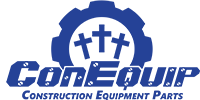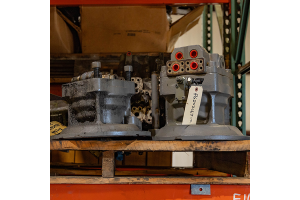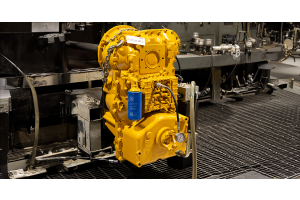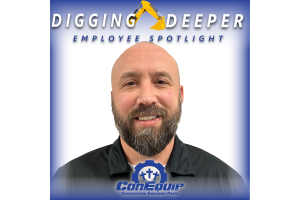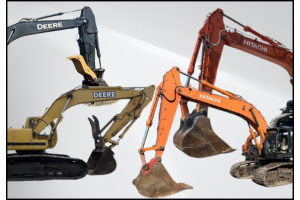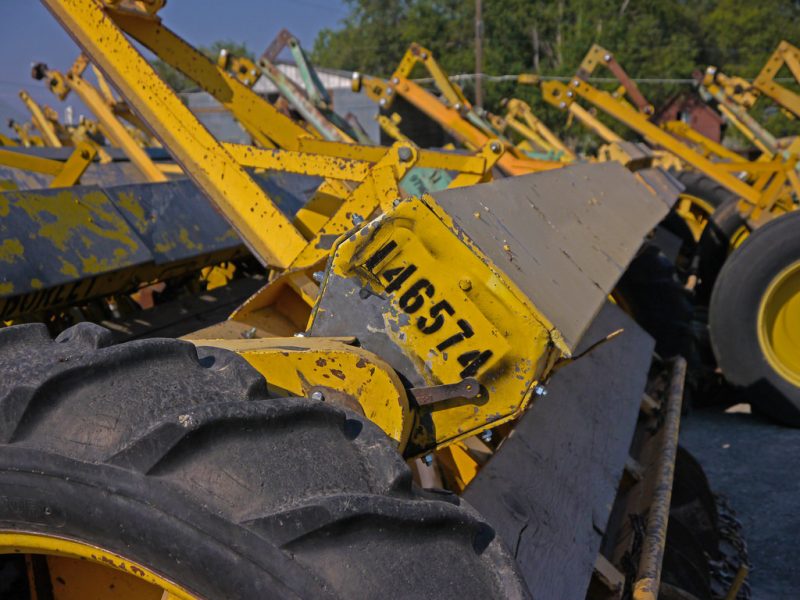
When buying used construction parts from salvage yards the general thought is you get what you pay for. Although on many levels this is a true statement, that isn't necessarily the rule. In fact, there are federal and state laws in place to help protect customers who want to return damaged or unwanted merchandise.
There are also steps you can take to ensure you don't end up with a part you don't want or can't use including getting the sales agreement in writing, getting as much information on the part as possible before purchasing it, and knowing your rights.
Very few salvage yards, as part of their business models, allow returns if customers change their minds soon after buying a part. While those few salvage yards have decided this makes for the best business practice, they aren't legally required to accept returns after a certain period of time has passed. Instead, used construction parts companies are required to accept returns only if the part is defective or if they otherwise break a sales contract.
Federal law however does have a "Cooling-Off Rule" that gives buyers three days to cancel purchases of $25 or more. Under this law, the right to cancel an order for a full refund extends until midnight of the third business day after the sale.
Of course, just because a salvage yard is required by law to accept a return during the "Cooling-Off" period doesn't necessarily mean they will. This is where you get into the, "is it worth it" stage of a transaction that has gone wrong. The hassle and cost of taking legal action over a part you spent a couple hundred dollars on may not be worth the headache.
Beyond federal law, states have statutes regarding returns as well. Often, refund policies must be prominently displayed at the place of purchase in order to be valid. Many states have their own "Cooling-Off" laws as well.
You can see your state's law concerning merchandise returns on the FindLaw website.
Any time you are looking for used parts for one of your bulldozers, excavators, wheel loaders, backhoes or whatever machine you have, you need to enter into the transaction with as much information as possible.
First and foremost, you need to know who you are buying from. Is the salvage yard you are dealing with established with a good track record? Obviously buying from a reputable company is better than doing business with someone you don't know.
Find out as much about the part as you can. Get a history of the part if possible. A picture can tell a thousand words so if possible, get a photo of the part.
Most importantly, before paying any money for a used part, be sure the seller is very clear about the return policy in the event the part is wrong or defective. Get the warranty in writing as a verbal agreement just isn't enough. Don't be satisfied with the seller saying, "if something's wrong with it just bring it back."
If the seller is willing to take the part back for any reason, find out the specific amount of time you have to return the part. Don't assume if the return window is 30 days you'll be ok if you return the part on day 31. While many businesses will be gracious, others are less forgiving. Regardless of whether your state requires disclosure of return policies, you should ask any retailer for their particular policy before making a purchase. Additionally, states may or may not explicitly apply their laws to online sales.
Find out if there are other fees for returning an item specifically a restocking fee as they can be pretty hefty. Here at ConEquip Parts we've been charged up to 30% for a restocking fee to return a part on behalf of our customer. Often we can get that fee reduced or eliminated completely but sometimes we cannot. Such a fee should be clearly stated in a written policy.
Finally, use common sense and be honest at your end. Too many times here at ConEquip we receive calls from a customer who installed something like a main pump or fuel injector on their machine only to have it fail. Upon further investigation, we discovered the customer didn't take the proper steps of cleaning out their machine's system before installing the pump. However, when pressed, the customer decided to fudge the facts in an effort to be covered under warranty. Don't be that guy (or gal).
One way to avoid a lot of this potential return mess is to work with a parts broker like our company. When our customers return a used part for any reason, we handle the calls to the salvage yard, deal with the owner directly, and often can influence the company in our customer's favor to take parts back beyond the warranty period, waive restocking fees, and provide discounts on additional used parts ordered.
When purchasing used parts, there's already enough risk involved. Taking necessary steps to help alleviate even more problems by being prepared can make all the difference.
Need a part? Click below to get a quote today!


